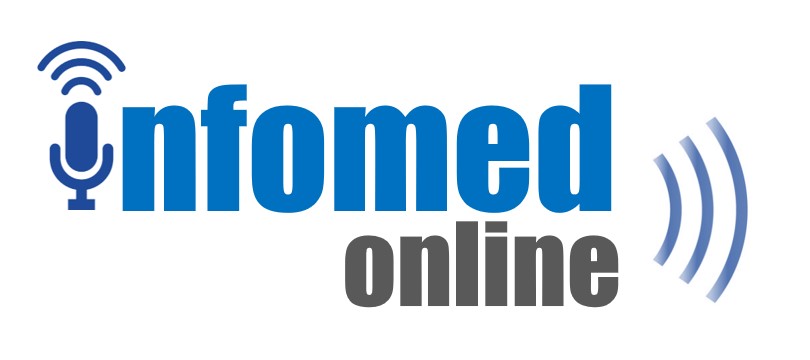
Established, 2004 in the UK
CPD accredited, online courses for doctors in all of the major specialties
Navigation: Home » Catch-up service » Catch-up service – Radiology » On-demand: Head and Neck Imaging Course 2023
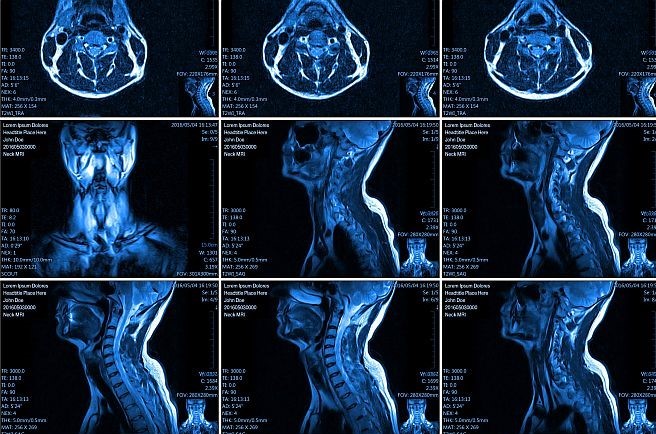
60 minutes
Associate Medical Director and Consultant Radiologist, Calderdale and Huddersfield NHS Foundation Trust
90 minutes
Consultant Radiologist, Imperial College Healthcare NHS Trust
90 minutes
Consultant Radiologist (H&N) York & Scarborough Teaching Hospitals NHS Trust
90 minutes
Consultant Radiologist, Calderdale Royal Hospital, Halifax
90 minutes

Consultant Neuroradiologist, King’s College Hospital, London
90 minutes
Consultant Radiologist, Cwm Taf University Health Board
90 minutes
Consultant Radiologist, Bradford Teaching Hospitals NHS Foundation Trust
90 minutes
Consultant Radiologist, Northwick Park Hospital, Harrow, and Secretary, British Society of Head & Neck Imaging

Associate Medical Director and Consultant Radiologist, Calderdale and Huddersfield NHS Foundation Trust, and Past President, British Society of Head & Neck Imaging

Dr Ata Siddiqui was appointed as a Consultant Neuroradiologist in 2007. After his general radiology training, he undertook the Pan-London Neuroradiology fellowship, rotating across several major neuroscience centres/hospitals in London. His main interests are diagnostic neuroradiology and ENT (head and neck) imaging. He has authored several publications and regularly reviews manuscripts for journals such as Clinical Radiology and British Journal of Radiology. He has presented widely at national and international meetings. He regularly lectures at regional and national meetings. He is a member of the Royal College of Radiologists, British Society of Neuroradiologists and British Society of Head and Neck Imaging.

Consultant Radiologist, Imperial College Healthcare NHS Trust

Consultant Radiologist,
Calderdale Royal Hospital, Halifax

Consultant Radiologist,
Northwick Park Hospital, Harrow, and
Secretary, British Society of Head & Neck Imaging

Consultant Radiologist,
Cwm Taf University Health Board

Consultant Radiologist,
Bradford Teaching Hospitals NHS Foundation Trust

Our imaging courses are very much an interactive experience. Presentations are kept to the minimum and then you'll be into the fully featured cloud based DICOM viewer, looking at cases, feeding back your findings using our interactive tools. You'll get immediate feedback and learning points from our expert faculty member.
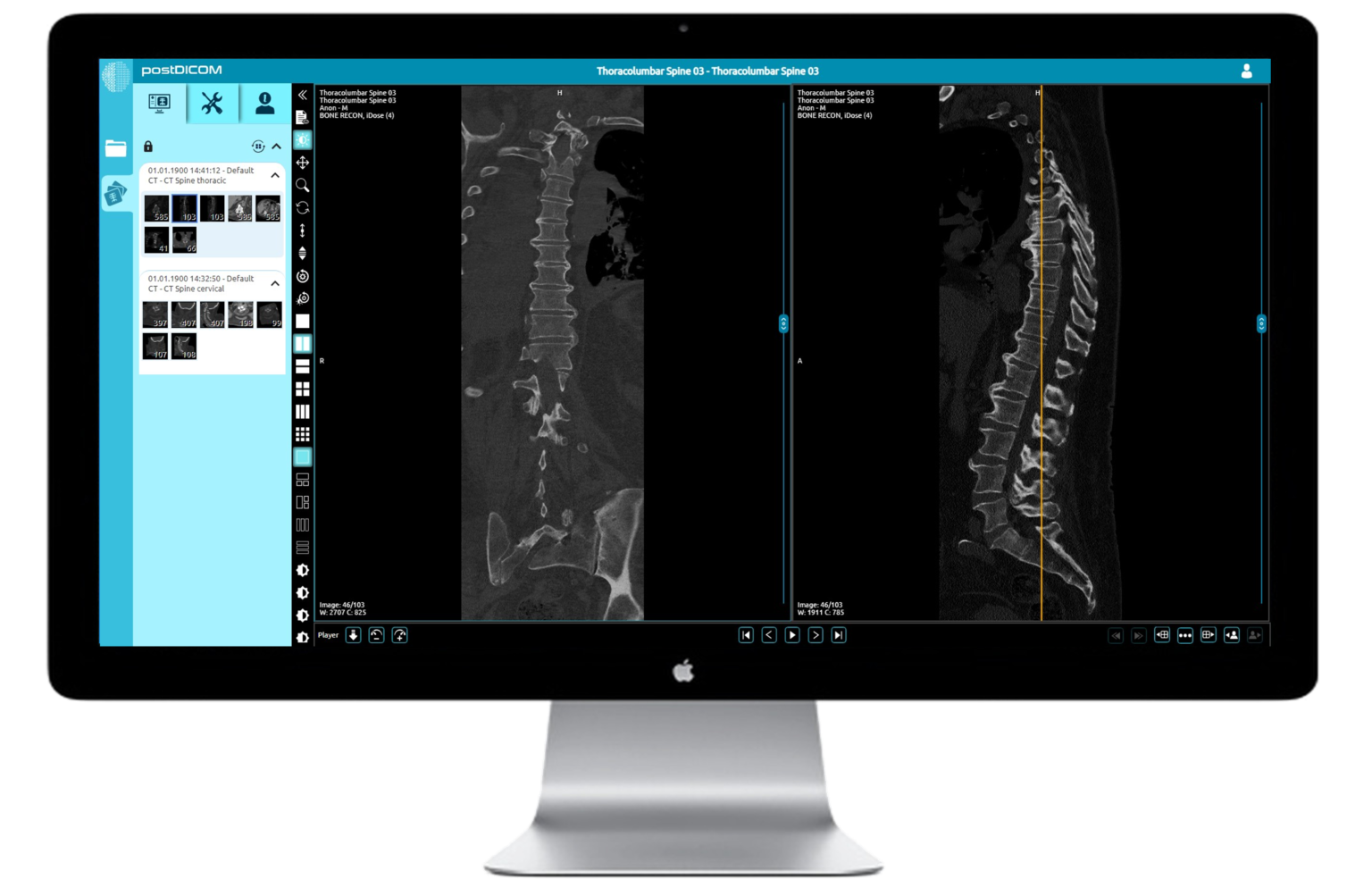
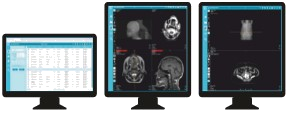

We will contact you by email one week before the course takes place with all the necessary links and joining information.
We will re-send the links the day before the course.
If you have not received an email from us please contact us at webinars@infomedltd.co.uk and we will respond ASAP.
NO. Infomed shall provide you, upon registration a link to stream the course within your web browser, or you can download a small application to run it as a separate window on your computer. If you would prefer a mobile device, we shall also include a link download an app from the Play Store/App Store.
YES! It is very much encouraged. There will be Q&A sessions chaired by Infomed. You can type your questions in the 'chat' facility and they will be put to the speakers.
You can find your catch-up in your account page.
At the end of the catch-up page you will find a link to the feedback form, which will generate your CPD certificate when you submit your feedback.
If the catch-up is not visible in your account, please contact us and we will amend your account ASAP.
When you connect to a course you should see some introductory slides and hear music.
If you cannot hear any music please check you are connected to the audio.
At the bottom of the webex meeting you may see a button that says "Connect to audio".
Click this and then select "Use computer for audio" in the pop-up box.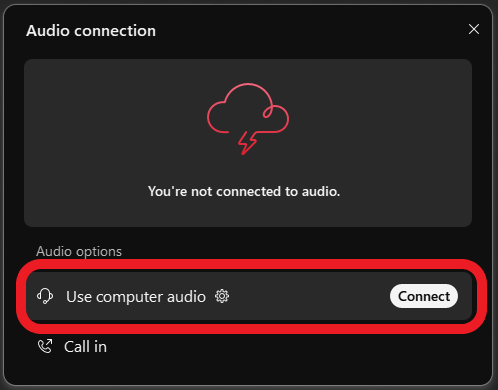
If you have connected by a browser you may need to give your browser access to your microphone in order to connect to the audio.
Click the padlock in the top left of your browser and make sure microphone access is allowed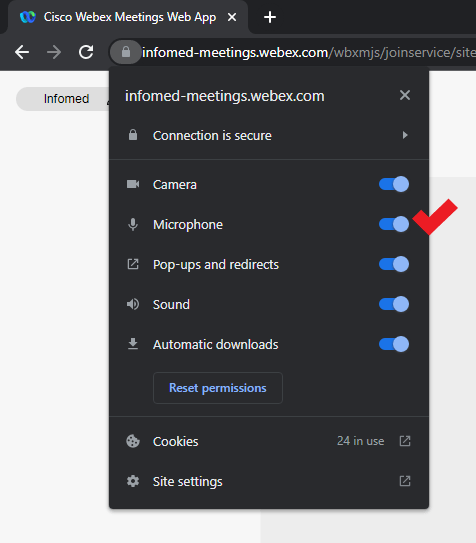
To join an Infomed Online course you simply need an internet connection and a browser (Google Chrome, Mozilla Firefox, Apple Safari).
You can also connect from a mobile device: Download the Webex Meetings app from your App Store.
To join a course with a smooth experience, your internet connection must be stable, not connected to a VPN and at least 20Mbps download.
Below you can use the tool to run an internet speed test.
You must test from:
Internet Speed Test
Please test your connection speed at www.fast.com
To join a course with a smooth experience, your internet connection must be stable, not connected to a VPN and at least 20Mbps download.
Course fee: £295 £345
© 2023 All rights reserved